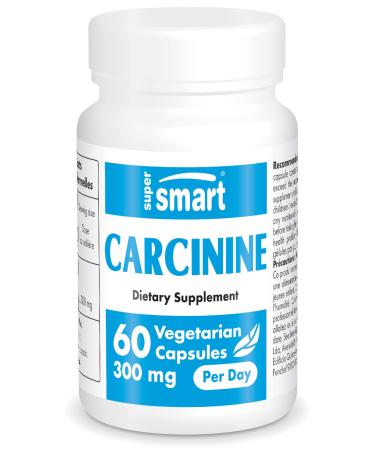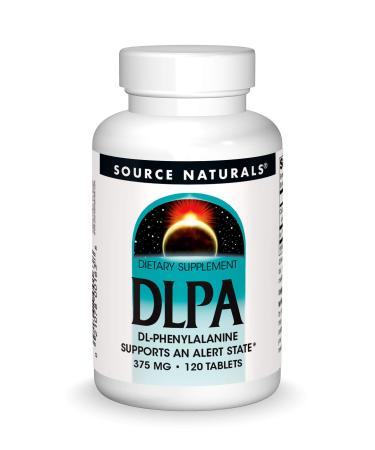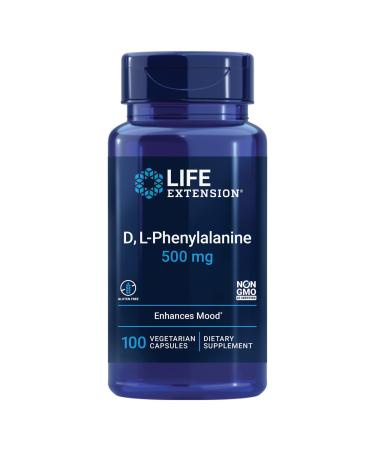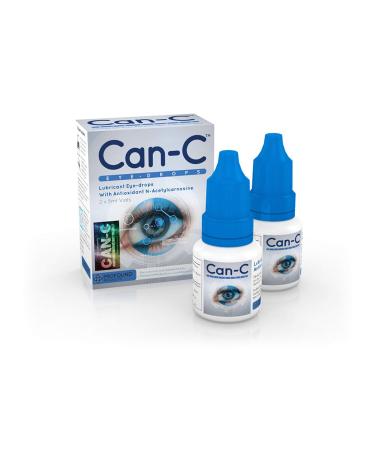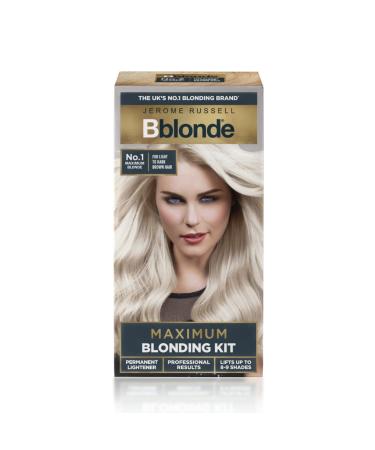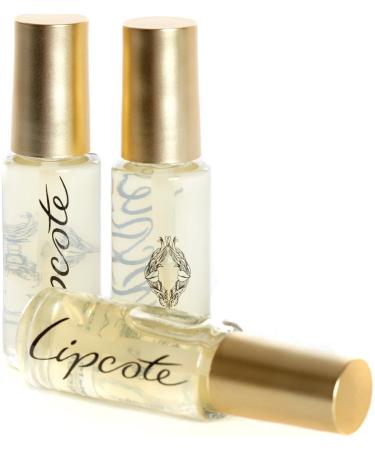Phenylalanine is an amino acid that is not synthesized in the human body and must be supplied by dietary intake or supplementation. Known to be an effective supplement for overall health and well-being, phenylalanine comes in three forms: L-phenylalanine, D-phenylalanine and DL-phenylalanine. D- and L- Phenylalanine are structural mirror images of each other. A small amount of D-Phenylalanine may be converted to L-Phenylalanine in the body.1 L-phenylalanine is an essential amino acid and is a key building block of proteins.
Based on many studies, D-phenylalanine has been shown to be the most effective form of phenylalanine that can impact endorphin production. Endorphins are neurotransmitters that play a key role in the function of the nervous system. Thus, D-phenylalanine plays a key role in supporting healthy function of the nervous system. 2-5 D-Phenylalanine acts as an inhibiting agent to the enzyme enkephalinase that degrades enkephalins, naturally occurring peptides in the body that metabolizes endorphins. Enkephalinase-inhibitors are unique analgesia-producing agents. 6,7
D-phenylalanine by Doctor's Best delivers the highest quality of D-Phenylalanine on the market.
EXTENDED BENEFITS
D-Phenylalanine supports healthy mood*
Phenylalanine is an essential amino acid that plays a key role in the biosynthesis of other amino acids and is a constituent of many central nervous system neuropeptides. In the body, phenylalanine is converted into tyrosine which in turn is converted into L-dopa, norepinephrine, and epinephrine, three key neurotransmitters (chemicals that transmit signals between nerve cells). Because some antidepressants work by raising levels of norepinephrine, various forms of phenylalanine have been studied as a possible alternative option for supporting mood health.* 8,9
D-Phenylalanine inhibits the degradation of endorphins*
Endorphins and enkephalins, natural discomfort relievers and mood elevators, are a group of chemical compounds the body produces in response to soreness or physically strenuous activity. They reduce the amount of discomfort we feel and they also induce feelings of wellbeing. In the body, their effects are of short duration because of metabolic enzymes known as enkephalinase enzymes like carboxypeptidase A. These enzymes are known to break down endorphins and enkephalins. A number of compounds can inhibit the degradation of endorphins and enkephalins within the body. One of these compounds is D-phenylalanine which has shown to block the enkephalinase enzymes and increase the discomfort threshold in animals.* 2-5
D-Phenylalanine supports neurotransmitter function*
Many neurotransmitter agents (such as dopamine and norepinephrine) play a crucial role in maintaining healthy mental processes related to mood, attention, and memory as well as in pain awareness. Because phenylalanine is a precursor of these neurotransmitter agents, it is essential to try maintaining a healthy level of phenylalanine in the body to support healthy neurotransmitter function.*2
*These statements have not been evaluated by the Food and Drug Administration. This product is not intended to diagnose, treat, cure, or prevent any disease.
SCIENTIFIC REFERENCES:
1. Lehmann WD, Theobald N, Fischer R, Heinrich, HC. Stereospecificity of phenylalanine plasma kinetics and hydroxylation in man following oral application of a stable isotope-labelled pseudo-racemic mixture of L- and D-phenylalanine. Clin Chim Acta 1983;128:181-198.
- Fernstrom JD and Fernstrom MH. Tyrosine, phenylalanine, and catecholamine synthesis and function in the brain. J. Nutr. 2007;137:1539S–1547S.
3. Wurtman RJ, Caballero B. Control of plasma phenylalanine levels. In: Wurtman RJ, Ritter-Walker E, eds.
4. Ehrenpreis S, Bagalot RC, Greenberg J, et al. Analgesic and other pharmacological properties of D-phenylalanine
5. Mann J, Peselow ED, Snyderman S, Gershon S. D-phenylalanine in endogenous depression. Am J Psychiatry 1980;137:1611-1612.
6. Budd K. Use of D-phenylalanine, an enkephalinase inhibitor, in the treatment of intractable pain. In: Bonica JJ, Linblom V, Iggo A, eds. Advances in Pain Research and Therapy. New York, NY: Raven Press; 1983:305-308.
7. Kitade T, Minamikawa M, Nawata T, et al. An experimental study on the enhancing effects of phenylalanine
8. Yaryura-Tobias JA, Heller B, Spatz H, et al. Phenylalanine for endogenous depression. J Orthomol Psychiatry 1974;3:80-81.
9. Fischer E, Heller B, Nachon M, Spatz H. Therapy of depression by phenylalanine. Preliminary note. Arzneimittelforschung 1975;25:132.



